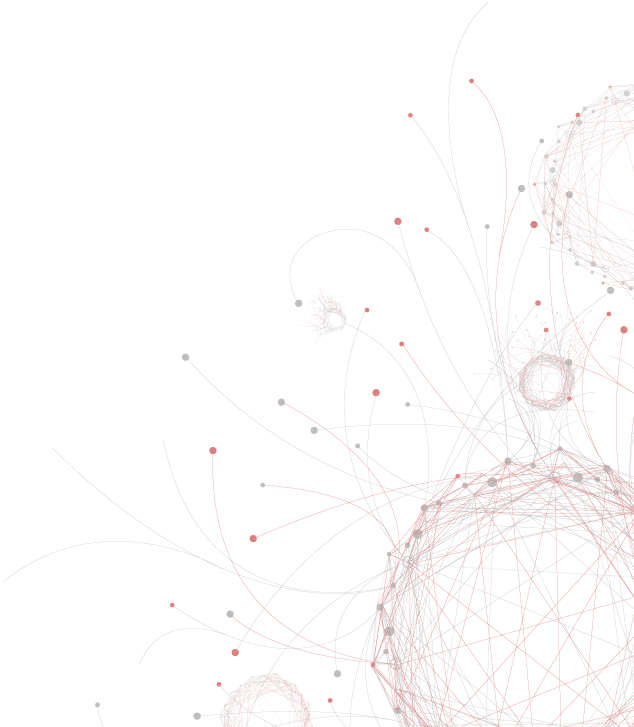This website is no longer updated and has been replaced with a static copy. The Spatial History Project was active at Stanford University from 2007-2022, engaging in dozens of collaborative projects led by faculty, staff, graduate students, post-docs, visiting scholars and others at Stanford and beyond. More than 150 undergraduate students from more than a dozen disciplines contributed to these projects. In addition to a robust intellectual exchange built through these partnerships, research outputs included major monographs, edited volumes, journal articles, museum exhibitions, digital articles, robust websites, and dozens of lightweight interactive visualizations, mostly developed with Adobe Flash (now defunct). While most of those publications live on in other forms, the content exclusive to this website is preserved in good faith through this static version of the site. Flash-based content is partially available in emulated form using the Ruffle emulator.
REVS: Interdisciplinary Studies in Transportation, Mobility, and Political Change
The REVS institute at Stanford University is the lead sponsor for a new research initiative in the domain of spatial social sciences. The project brings together faculty and students from across a range of disciplines and research centers to focus on the history and significance of road transportation networks in patterning social and political change in the United States and Brazil. The research and teaching aims for the project are summarized below:
The study allows comparisons between two large countries and their transport networks over time. For much of the twentieth century Brazil and the United States shared critical political characteristics, including a democratic form of government with a presidential system, bicameral legislature, and decentralized authority in the states of a federal republic. For a significant number of years, there was a profound divergence: Brazil was ruled by a military dictatorship from 1964-1985. This difference provides a natural experiment for assessing the role of transportation and mobility under temporarily different political regimes in otherwise roughly similar conditions of scale. What is more, given the gap between Brazilian and US GDP, we can also leverage the lag in development in order to test whether asynchronous but corresponding levels of transport development generate similar political effects.
In addition to developing the comparative case between Brazil and the USA, the project will also serve to advance ongoing research on the political effects of mobility, and automobiles in particular, in the United States. Current research by Jonathan Rodden on legacy effects of rail transport networks in observed levels
of political partisanship will be extended to include a deeper analysis of urban form and infrastructure (including highways). Close analysis of localized effects of automobility conducted by Clayton Nall will be deepened and more city case studies added to the dataset.
The study allows comparisons between two large countries and their transport networks over time. For much of the twentieth century Brazil and the United States shared critical political characteristics, including a democratic form of government with a presidential system, bicameral legislature, and decentralized authority in the states of a federal republic. For a significant number of years, there was a profound divergence: Brazil was ruled by a military dictatorship from 1964-1985. This difference provides a natural experiment for assessing the role of transportation and mobility under temporarily different political regimes in otherwise roughly similar conditions of scale. What is more, given the gap between Brazilian and US GDP, we can also leverage the lag in development in order to test whether asynchronous but corresponding levels of transport development generate similar political effects.
In addition to developing the comparative case between Brazil and the USA, the project will also serve to advance ongoing research on the political effects of mobility, and automobiles in particular, in the United States. Current research by Jonathan Rodden on legacy effects of rail transport networks in observed levels
of political partisanship will be extended to include a deeper analysis of urban form and infrastructure (including highways). Close analysis of localized effects of automobility conducted by Clayton Nall will be deepened and more city case studies added to the dataset.





